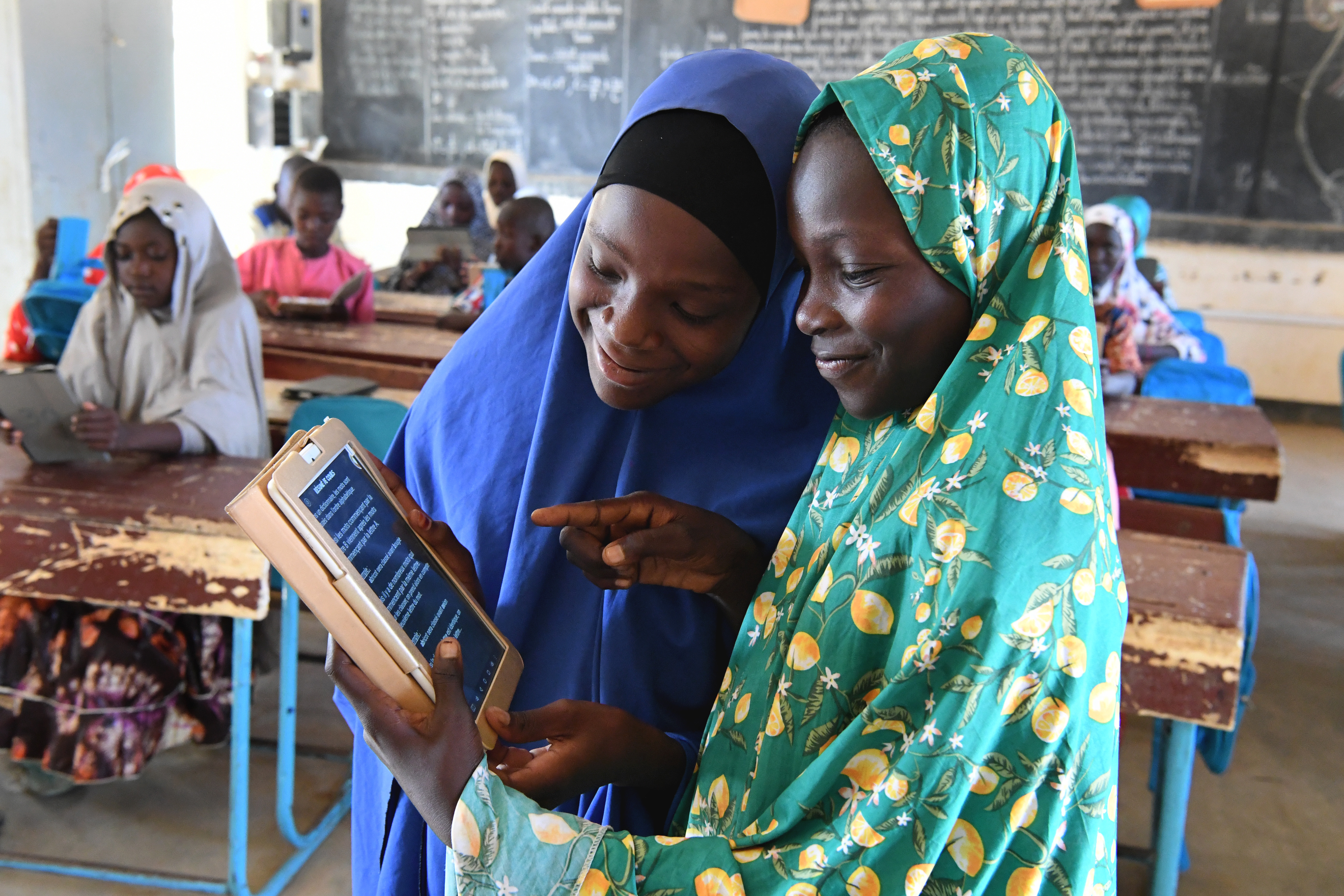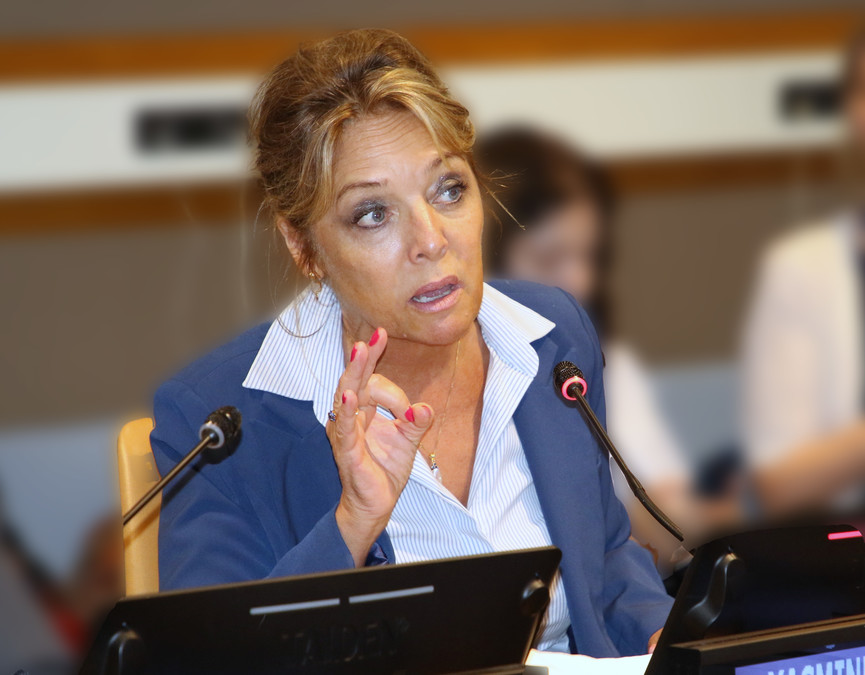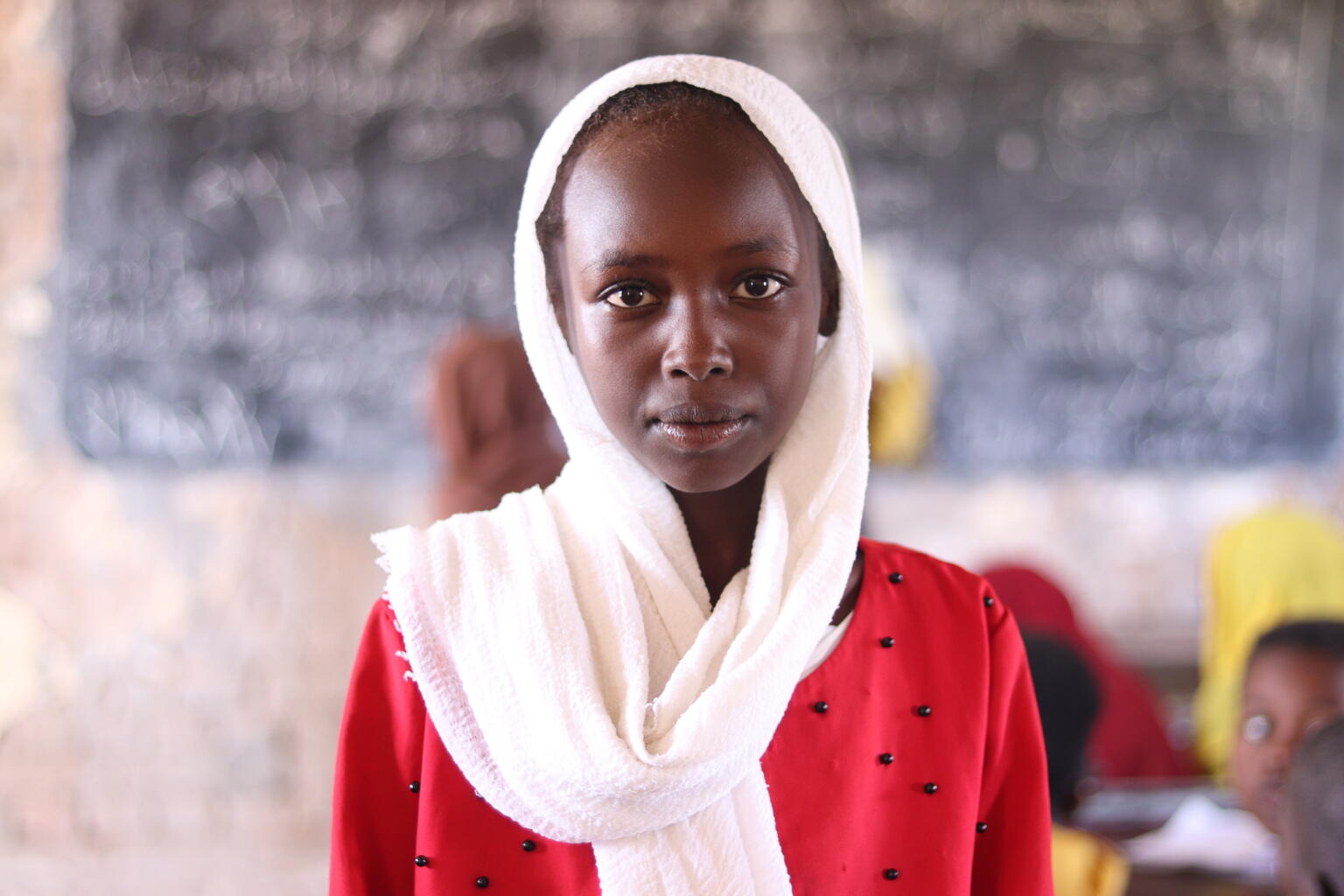Power to the Youth

International Youth Day Statement by Education Cannot Wait Executive Director Yasmine Sherif
We live in a divided world of the haves and the have nots. The rich get richer, the poor get poorer. There is learning poverty, technology poverty, healthcare poverty, and food poverty. When you think about the dynamics of the world today, there is even empathy and humanity poverty.
This divide gets greater for young people living on the frontlines of the world’s most pressing humanitarian crises in places like the Democratic Republic of Congo, Gaza, Haiti and Sudan, where the remarkable potential of youth is eviscerated by brutal armed conflicts, forced displacement, the climate crisis and other horrific, compounding challenges.
To empower today’s youth, we must urgently address this growing divide. It starts with quality education, skills training, and a broad collection of supportive life-long learning measures fit for purpose, activating an entire generation of future leaders.
As UN Secretary-General António Guterres points out: “Achieving the Sustainable Development Goals requires a seismic shift – which can only happen if we empower young people and work with them as equals.”
This year’s International Youth Day calls for us all to look at the power of digital pathways to enhance sustainable development. Indeed, digitization, artificial intelligence and other technological advances are transforming our world and offer unprecedented opportunities to accelerate sustainable development.
But in a world where 250 million children cannot read – or do not have access to a school meal or mental health support – how can we leverage the potential of technology to accelerate our efforts to deliver on the goals outlined in the 2030 Agenda for Sustainable Development?
Education Cannot Wait – the global fund for education in emergencies and protracted crises within the United Nations – puts youth first in everything we do. This starts from the highest levels of ECW’s governance, which includes two inspirational youth leaders, Mutesi Hadijah and Hector Ulloa, who are activating a global youth movement through the #Youth4ECW campaign.
Through ECW investments, we are working to bridge the digital divide, extend remote learning, enhance skills training, and provide young people with the tools, training and knowledge they need to thrive in the fast-changing world of the 21st century.
In Moldova for instance, ECW investments focused on refugee children from Ukraine and host community children – and delivered by UNICEF and the Refugee Education Working Group – have established 98 EduTech Labs across 32 regions. In countries like Burkina Faso, Central African Republic, Democratic Republic of the Congo, Niger and Nigeria, ECW supports vocational education programmes for adolescents who have been pushed out of school.
These collective actions offer an essential first step in bridging the divide for the millions of children pushed into learning poverty by emergencies and protracted crises. But more needs to be done and we urge private sector donors, high-net-worth individuals and philanthropic foundations to provide urgently needed funding as we race to mobilize an additional US$600 million to deliver on ECW’s three-year strategic programme.
Together, through the power of inclusive education, digital pathways and lifelong learning, we can bridge the divide and create a world united through a wealth of humanity.




